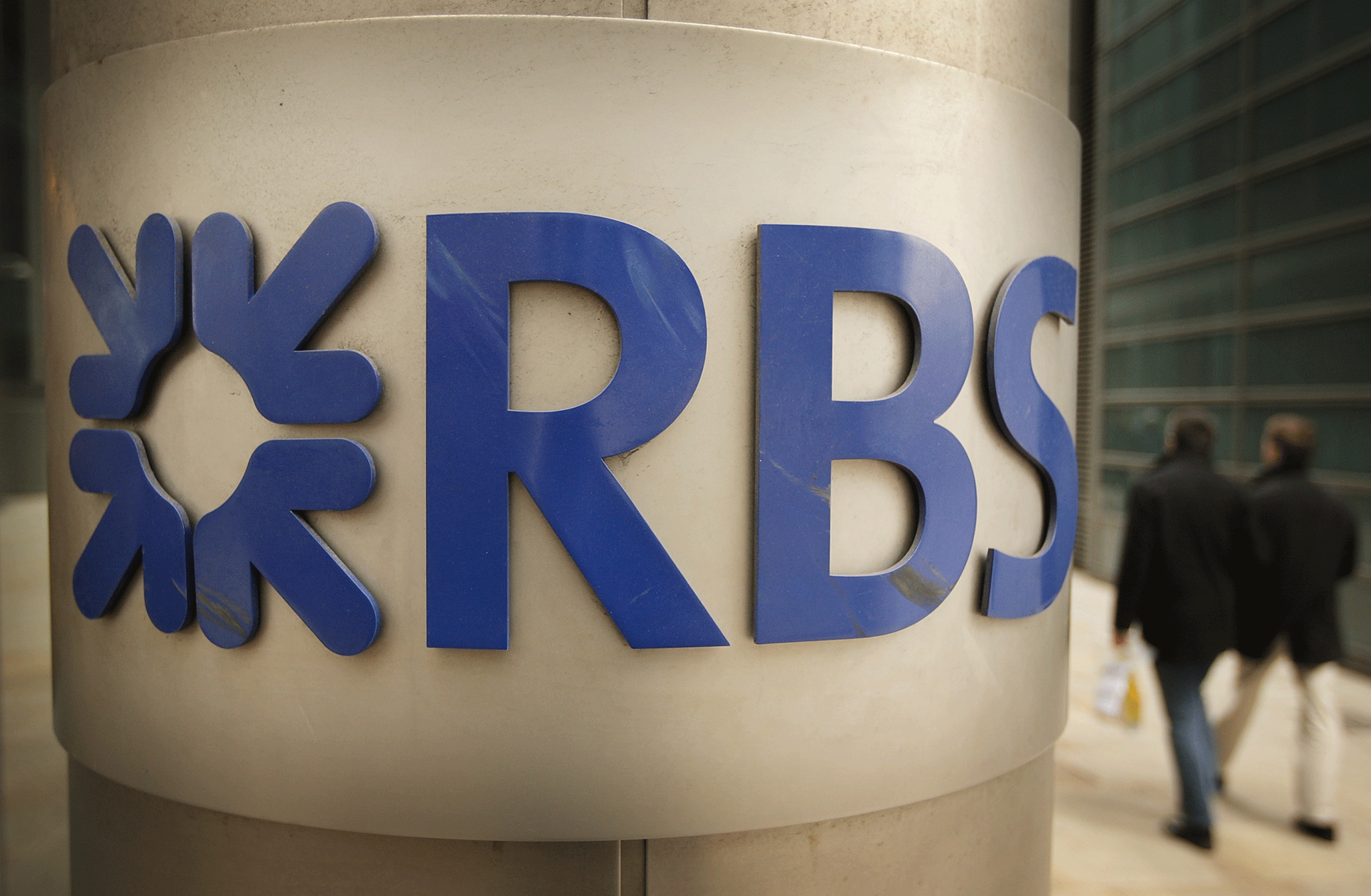RBS changes name to NatWest in bid to draw line under 12 years of scandals and taxpayer bailout
Bank seeks to clean up toxic image that has built up through its association with the financial crisis, massive losses and poor treatment of customers

Royal Bank of Scotland is to be renamed NatWest Group as the bank attempts to rescue its tarnished image after more than a decade of scandals and a £45bn taxpayer bailout.
Howard Davies, the chairman of RBS, said that NatWest, one of its subsidiaries, was a more appropriate moniker for the bank, which has shed its riskier businesses to focus on the more mundane business of high-street lending.
It will also go some way to rid RBS of its association with the “too big to fail” excesses that led to the financial crisis and the turmoil of the years that followed. RBS was found to have mis-sold complex financial products to small-business customers in a bid to boost its own bottom line, while its infamous Global Restructuring Group destroyed firms to sell off their assets for a profit.
Mr Davies said: “The essential reason for this is, as the bank has evolved from the financial crisis and the bailout, we have focused on the NatWest brand.
“We have exited a lot of the international businesses which were not profitable. That was branded RBS and that’s gone.
“It really makes no sense for us to continue to be called RBS. It was designed for a global group of brands, which we no longer are.”
The overhaul of the bank’s image under its new chief executive, Alison Rose, also includes measures to help tackle climate change.
RBS announced on Friday that it would stop financing large oil companies such as Shell and BP unless they demonstrate that their business models align with the Paris climate agreement.
RBS, which is still 62 per cent state-owned, will give major oil firms until 2021 to put “a credible plan” in place to reduce their impact on the climate.
However, the bank did not set out how it will define a “major” oil producer as distinct from a smaller one.
“We plan a full phase-out from coal by 2030; also, to stop lending and underwriting to major oil and gas producers unless they have a credible transition plan aligned with the 2015 Paris Agreement in place by the end of 2021,” RBS said on its website.
It is the latest large company to publicly recognise the need to lessen its impact on the environment.
BP pledged earlier this week to achieve net zero emissions by 2050.
The changes at RBS came alongside its annual results, which revealed that profits had nearly doubled to £3.1bn in 2019 from £1.6bn the year before.
Ms Rose, who has been at the banking group for more than 25 years, also announced a £250m cost-cutting plan but refused to say whether jobs would be cut.
“We have over 800 branches, our mobile banks and access to the Post Office. We think that’s about the right shape and size, but we will continue to evolve that. You will see the continuing changing of customers,” she said.
The axe is expected to fall on jobs within the RBS-owned loss-making NatWest Markets investment bank, which employs 5,000 people.
Subscribe to Independent Premium to bookmark this article
Want to bookmark your favourite articles and stories to read or reference later? Start your Independent Premium subscription today.

Join our commenting forum
Join thought-provoking conversations, follow other Independent readers and see their replies